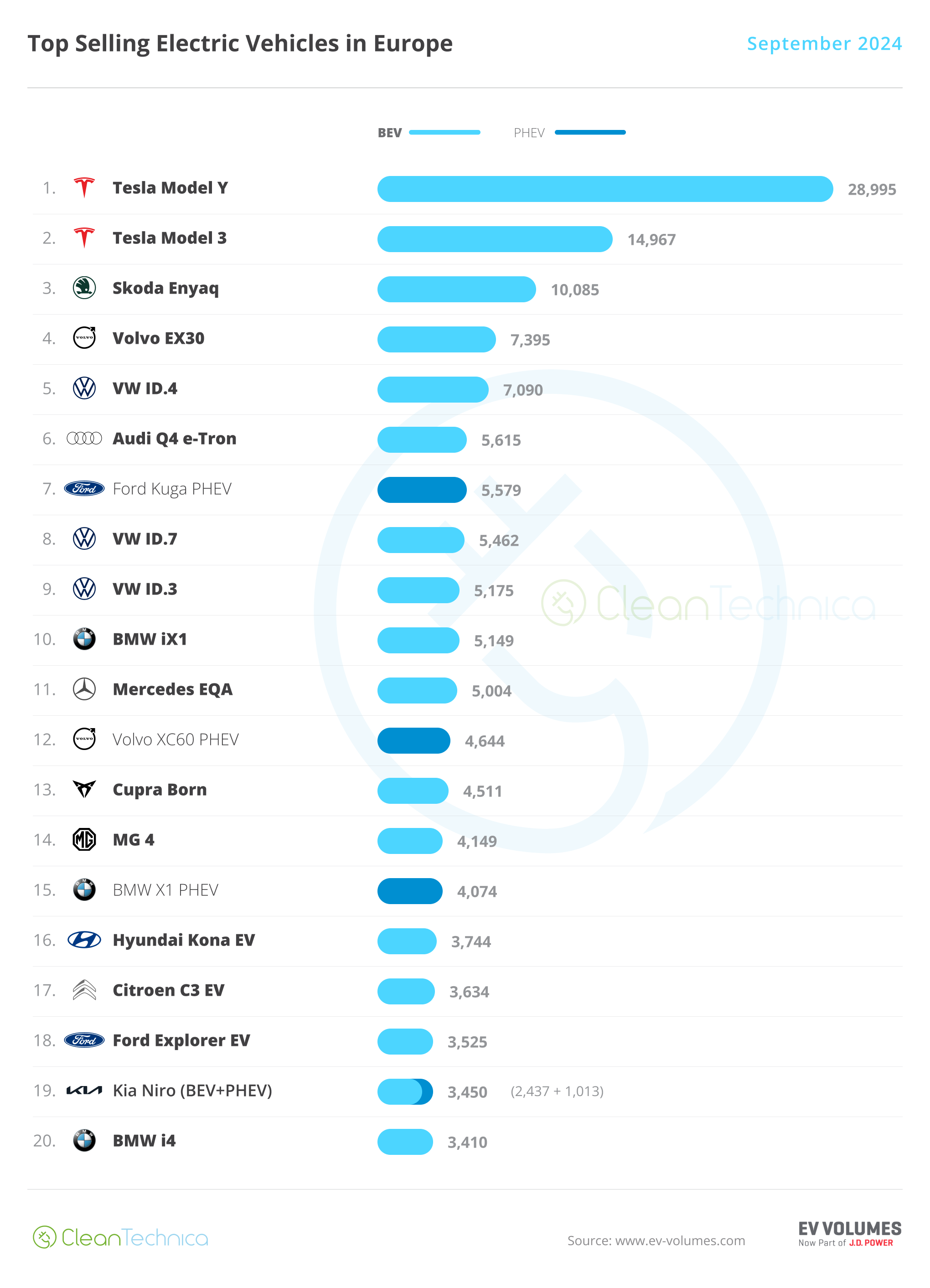As the end of the Federal Government’s price cap on coal draws nearer, the energy market is showing no signs of calming. The NSW Government is considering all options in response.
In 2022, war in Ukraine and Russia led to sanctions on Russian gas, while in Australia power stations began to show their age, and torrential rainfall disrupted coal operations. All of this drove energy prices through the roof.
As of the close of the 2023 financial year, electricity prices have risen almost 30 per cent in many parts of the country.
The Federal Government took action in December 2022 and announced a temporary $125-per-tonne cap on coal prices, and a $12 per gigajoule cap on gas, as part of its efforts to curb runaway energy costs. That cap is set to expire July 1 2024, now less than a year away.
But the Government is worried that the window is too narrow for prices to stabilise.
“The NSW Government will consider all options to keep electricity bills down as we approach the end of the coal price cap,” NSW Treasurer Daniel Mookhey said.
It is understood that Mookey, along with Finance Minister Courtney Houssos, will begin reaching out to coal companies and relevant stakeholders for feedback from today.
NSW Minerals Council responds
The NSW Minerals Council has indicated its intention to engage with the Government about energy policy options.
“The coal cap is poor public policy,” the Council said in a statement.
“It was designed and implemented with undue haste and with inadequate consultation. It has done nothing to reduce power prices, which continue to increase. The coal price cap should not be extended beyond its legislated 30 June 2024 end date.
“The NSW Government’s examination of other policy options to deliver energy price relief is welcome.
“Coal prices have fallen dramatically since the record highs of last year, and are expected to fall further over time. Since 2020, coal production costs have significantly increased. Other policy measures, including the Commonwealth’s Safeguard Mechanism, will impose even more costs on coal producers.”




